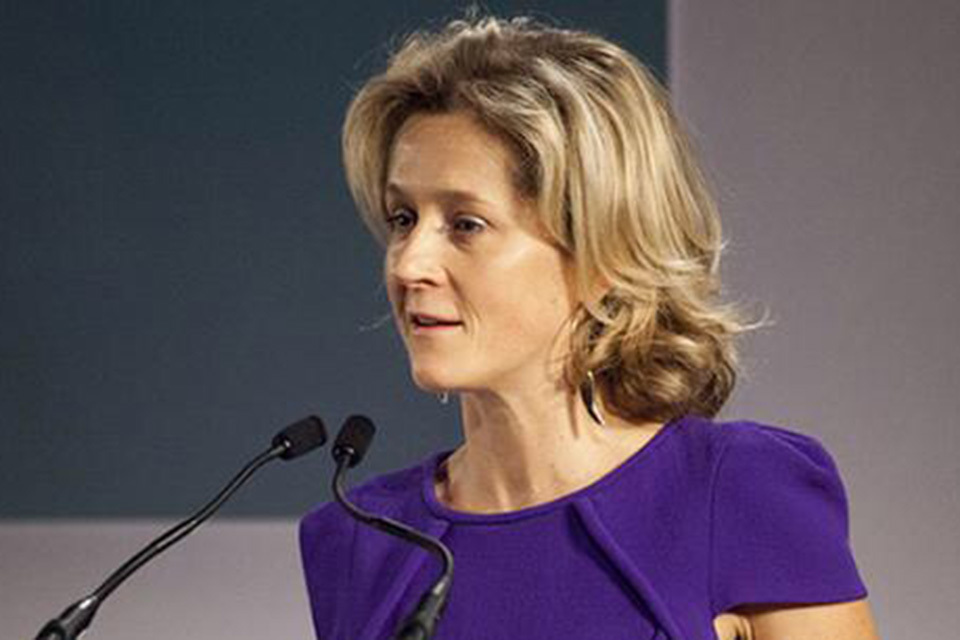A digital NHS for everyone
Martha Lane Fox talks about how digital technology brings opportunities for the NHS to improve health services and make care more accessible.


Martha Lane Fox
One of the founding principles of the National Health Service was to ensure that everybody - irrespective of means, age, sex, or occupation - should have equal access to the best and most up to date health and care services available.
Digital technology can radically improve care, transform the relationship between clinician and patient, and place power into people’s hands to take more control of their wellbeing. But universality, equity and quality must be at the heart of how we adopt, build and scale these technologies. No-one can be left behind.
The internet touches every area of our lives: it has made things faster, cheaper and better. Three quarters of us go online every day. But over 12 million people in the UK lack the basic digital skills needed and over 6 million have never been online.
The network age brings incredible opportunities for healthcare. Digital heath tools and information can make care more accessible. But those with the most health and social care needs – like the elderly or those with disabilities - are often the least likely to be online. Digital health and care services should be designed around the needs of the hardest to reach and the least digitally skilled.
Last autumn, the NHS’ collective vision for its future, the Five Year Forward View, told us we must harness technology. And, much has been achieved: 98.7% of GP practices now offer patients online appointment booking; NHS Choices, offers a range of digital health resources including the first NHS ‘app store’ and MyNHS, a digital tool that enables the user to compare the outcomes and effectiveness of health and care organisations, has revolutionised transparency of local services.
The network age brings incredible opportunities for healthcare but we need to do better, faster.
Free Wi-Fi access in every NHS building could significantly increase take up of online health tools. It would allow patients staying in hospital to self-monitor their conditions using apps and maintain contact with social networks that can support recovery and promote well-being.
Wi-Fi would also reduce the administrative burden on doctors, nurses and care staff, estimated to take up to 70% of a junior doctor’s day, freeing up more time to be spent with patients.
We also need to build the digital skills of the NHS workforce so they can make the most of the digital opportunity and feel confident to recommend these services to patients.
Despite the wide availability of digital services in primary care, awareness and take-up remains low - only 12% of appointment bookings are made online. We must boost awareness and use of digital services in primary care over the next 2 years.
Universal free access to broadband, with the skills to use it, has the potential to be one of the great public health advances of the 21st century. Those who lack access to the public utility of the internet will, like those who lacked access to the public utility of clean water and sanitation in the 19th century, be at risk of increasing inequality and poorer health status.